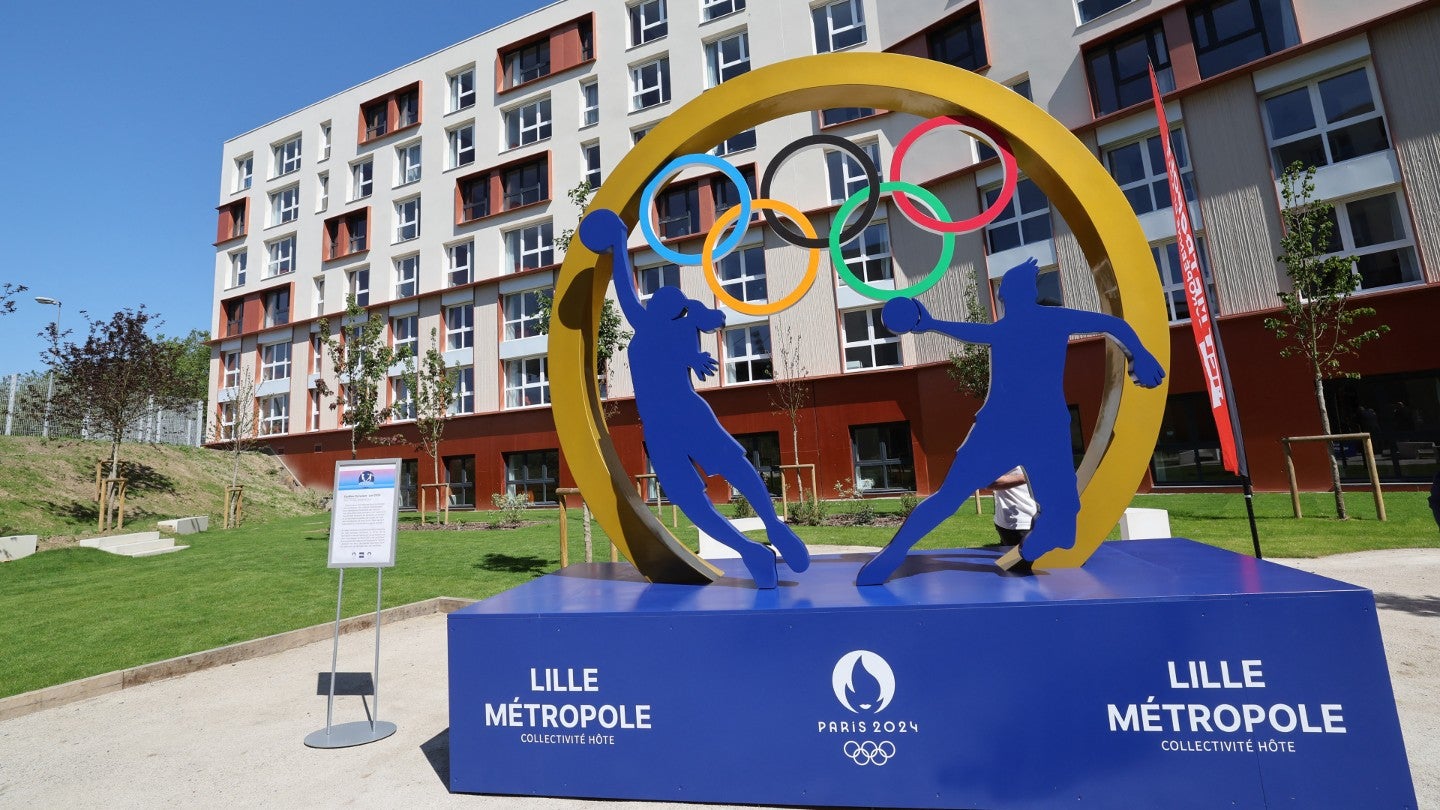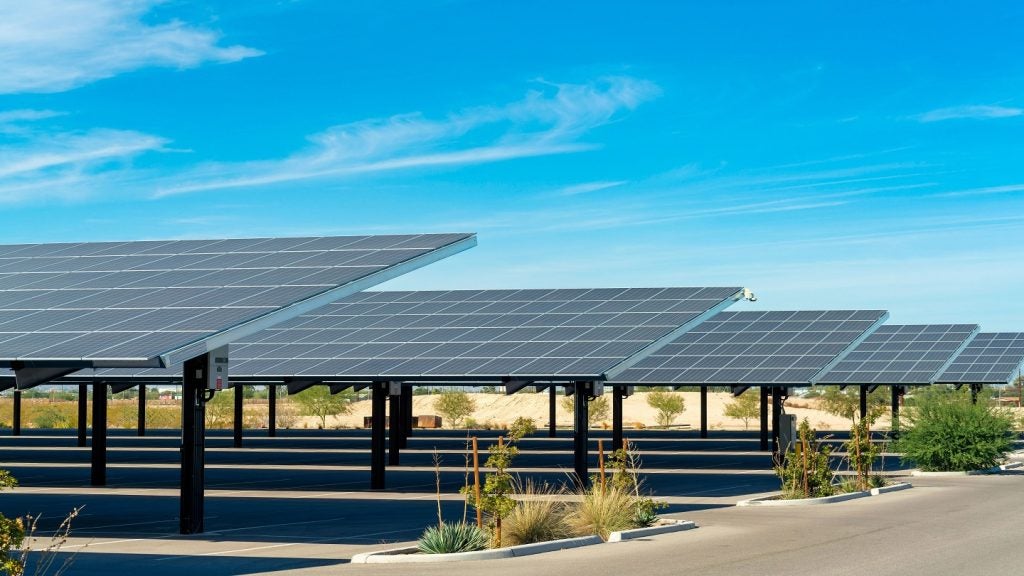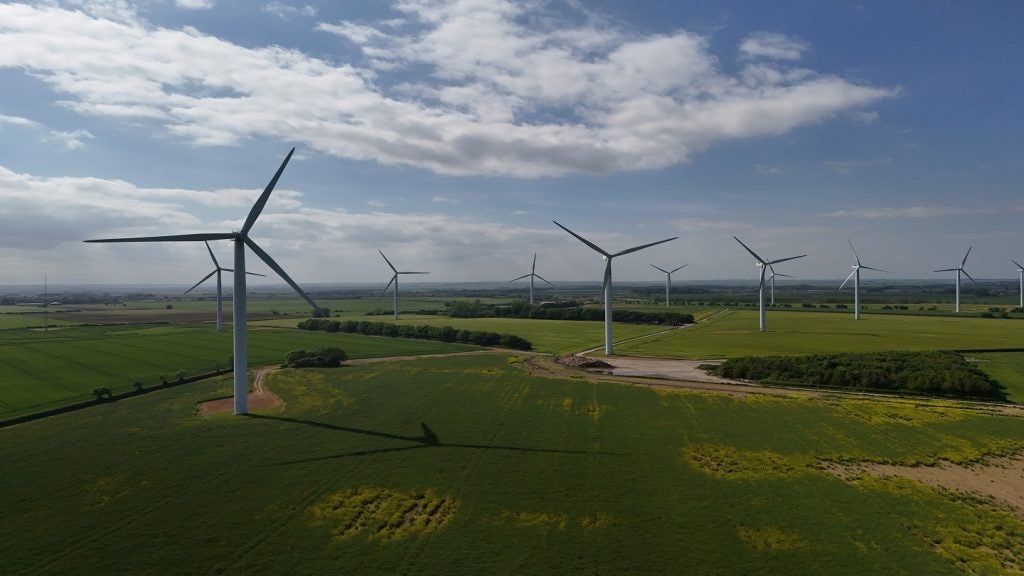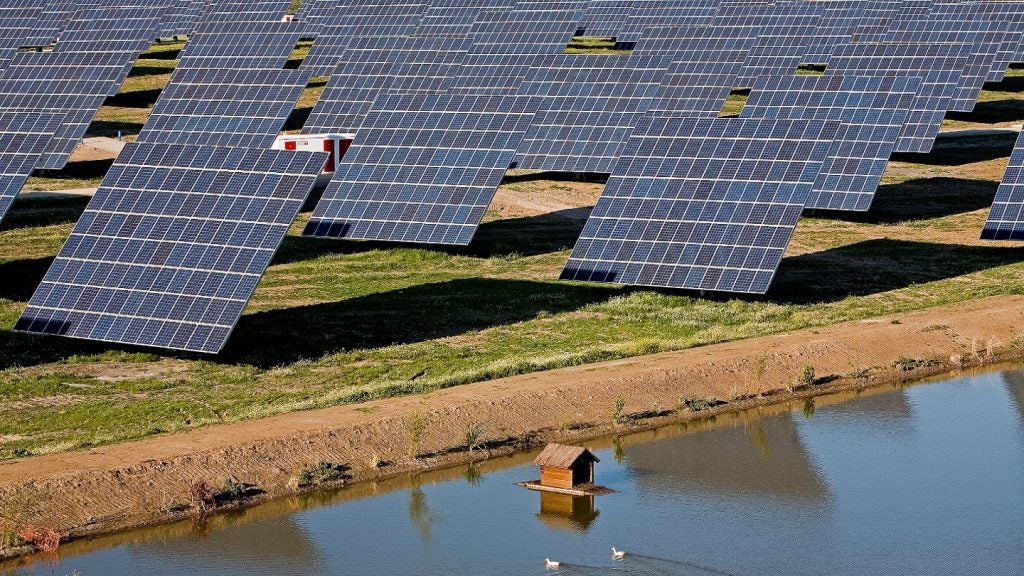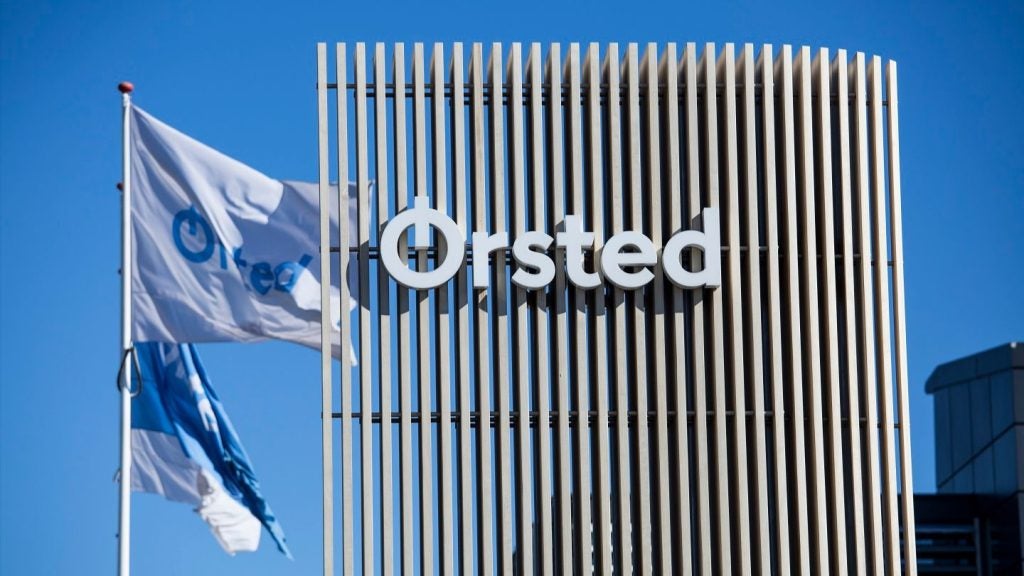As the 2024 Olympic Games in Paris enters its final weekend, the event has largely withstood scrutiny over environmental impact, unnecessary construction and long-lasting social legacy, the International Olympic Committee (IOC) has said.
“Paris 2024 organisers have been laser-focused on reducing their carbon footprint and creating lasting benefits for France and its people,” the governing body said on Tuesday (6 August).
The organisers of Paris 2024 prioritised the use of the city's existing sports venues in an effort to keep costs down and make the event more sustainable – a strategy hailed by IOC future Olympic Games hosts director Jacqueline Barrett.
“Our approach is all about contextual Games,” Barrett told SportsPro Media. “It’s for sustainable development, [using the] maximum amount of existing or temporary venues. We don’t ask for construction for the Games.”
Paris 2024 is using 95% temporary or existing infrastructure. The athletes’ village and aquatics centre were the only two new facilities built, compared to Tokyo 2020’s eight new construction projects.
Construction and ‘legacy strategy’ part of reversing Olympic fortunes
The number of bids to host the Olympics has decreased to historic lows over the past two decades.
For the 2004 Olympics, there were 11 bids to host – compared to just two from Los Angeles and Paris for the ongoing edition. This led the IOC to simultaneously award the games to Paris for this year and Los Angeles in 2028 amid worries that no other city would apply for 2028.
One of the most pressing concerns for potential host cities is the “legacy strategy” for after the two months of tourism, exposure and social projects that both the Olympics and Paralympics bring, according to Greg Botwina, president of the Institute for Sport Governance.
“At the Paris Games, they have a separate department of the Local Organising Committee specifically tackling the social impact and legacy of the Games,” Botwina told Power Technology's parent company GlobalData's Instant Insights podcast. “They’ve done a lot of activities in building capacity, analysing how they can positively influence the local community.”
Botwina also suggested that “perhaps staging the Games in different locations is the answer, giving more flexibility on the environmental impact. Or hosting the Games in one location permanently.”
Paris 2024’s long-term socio-environmental impact is far from apparent yet. As with Tokyo, Rio de Janeiro and London, years of legacy studies will follow – but the IOC is eagerly pointing to early signs of reinvigorated interest in hosting one of the world’s largest sporting events.
Barrett’s claims of “extremely encouraging” interest in hosting the 2036 Games are countered by concerns that prioritising bids by cities with established sporting infrastructure will lead to Olympic monopolisation by richer, more developed nations.
Beyond Paris, the IOC faces an unenviable task: avoid future corruption scandals, environmental damage and needless construction while positioning the Olympics as a catalyst for development and unity.


